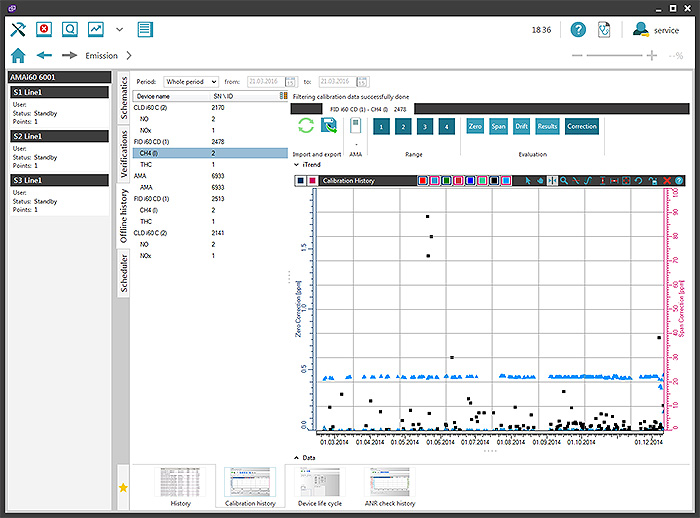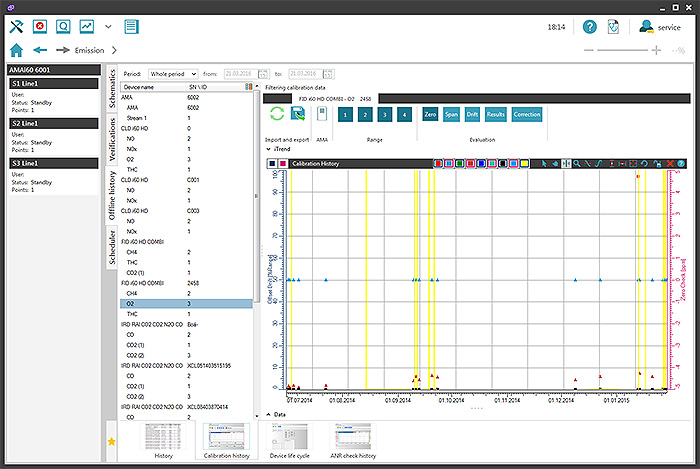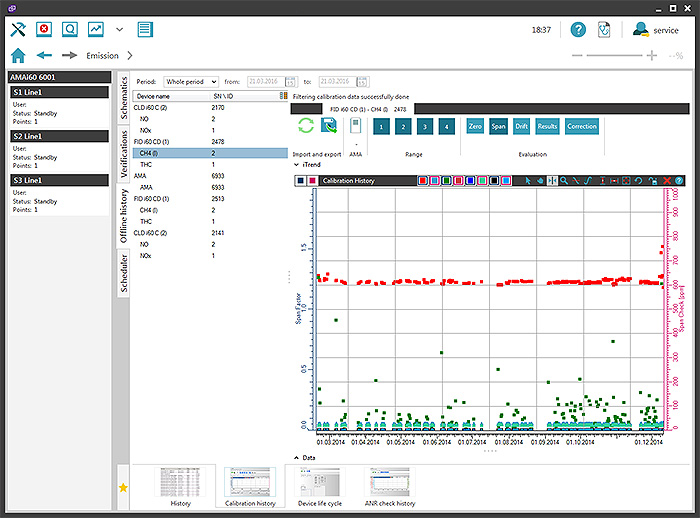Today, data is the new oil. The ability to extract a meaningful context from accumulated data is the key business success factor.
Industrial data analytics can help to save time and money by optimizing equipment maintenance, production processes and supply chains. It can also help generate new cash flows through improved product quality and new business models.

Challenges of industrial data analysis:
Modern industrial facilities generate volumes of data from different sensors, automation systems and other sources. However, most of this data won’t be ready for immediate analysis. It might be incomplete, inconsistent, distributed across many storages, recorded at an inconvenient granularity, etc. Prior to analysis, the data must be cleansed and reorganized.
The market offers a variety of data processing tools, both open-source and proprietary. Each has its own pros and cons, as well as integration capabilities. It takes time to ensure the interoperability between such diverse tools and build a productive analytical environment.
Solving specific domain-related tasks requires dedicated software. Ultimately, the efficiency of data analysis depends on how convenient and user-friendly this software is. The development team should have both advanced software design skills and first-hand awareness of the industrial specifics.
Our experience




In addition, we carry out research and analysis of the infrastructure tools for big data transmission, storage and processing (M2M communication, IoT platforms, cloud storage, machine learning, etc.).
For each business scenario, we choose the optimal toolset based on our knowledge and practice.
Featured Projects
How we can work together

We assist in solving our customers’ specific problems taking into account particular issues of their industrial domain. Our mission is to fully support your data analysis so that your specialists can focus on making effective data-driven business decisions.
Applied Systems helps to collect and transform data from different sources, to develop tools for visualizing and analyzing data, to create models and test assumptions.